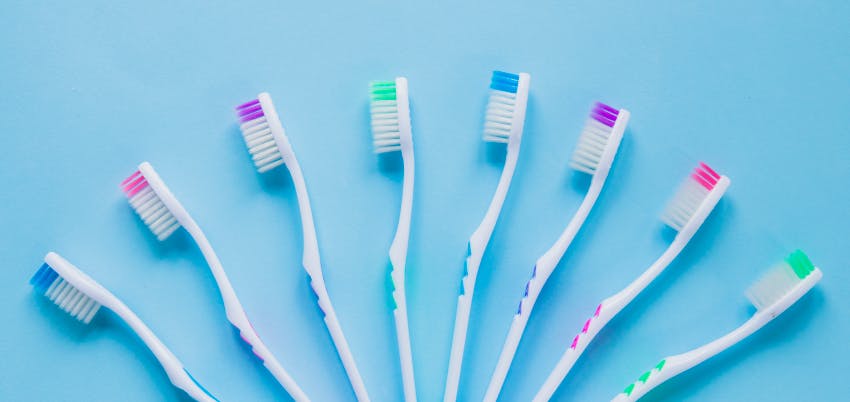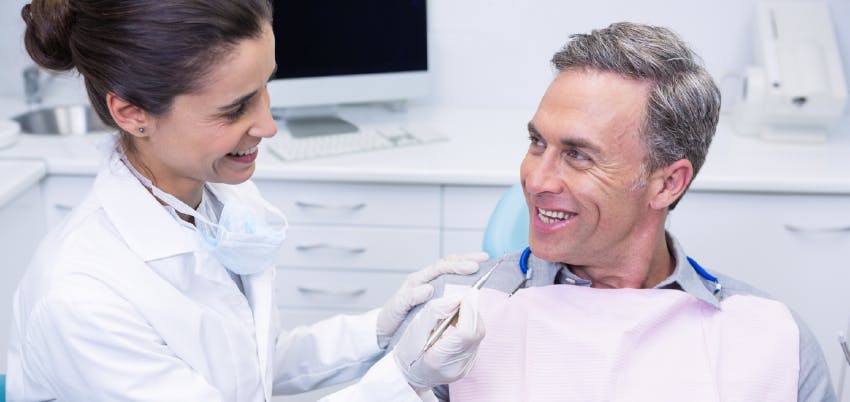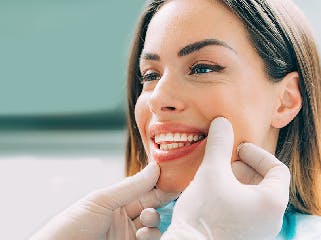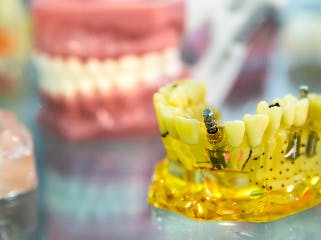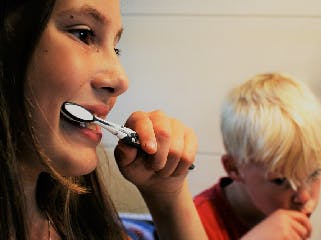
What you should know about wisdom teeth
by Wildsmile
Are you between 17 and 21 years old?
It is highly likely that if you are within this age range, you are about to have your third molars, better known as wisdom teeth. Their name comes from the stage in which they appear (erupt), because it is an age when we are supposed to start forming our own wisdom. Chances are that you will feel some discomfort, but there are occasions when the pain is more intense, in any case, it is better to visit the dentist. When wisdom teeth grow in properly, they can help us chew better.
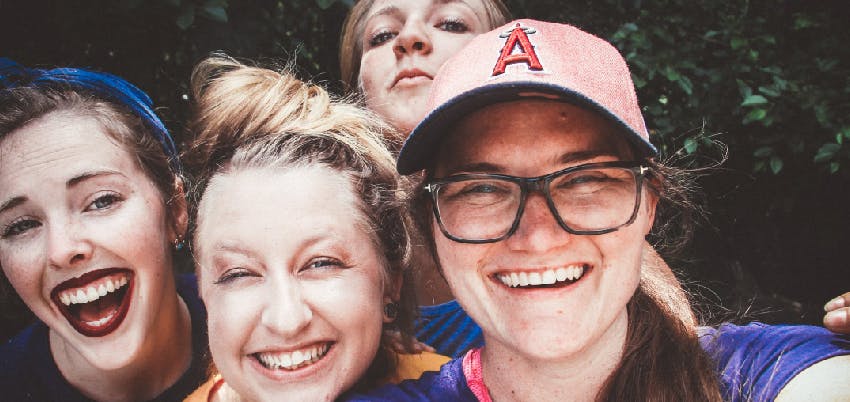
Their birth
There are 3 ways that wisdom teeth fit: vertical, angular and horizontal. In many cases it is better to remove a tooth that is retained, because if this procedure is omitted, complications may arise such as: severe pain, swelling, gum disease, cysts, cavities, misplacement of other teeth, among other problems. For this reason, prevention is very important; if you visit your dentist regularly (twice a year), he or she can supervise the growth and its appearance. Nowadays, thanks to X-rays, it is possible to see if your tooth is retained or incorrectly positioned and this will avoid many future problems.
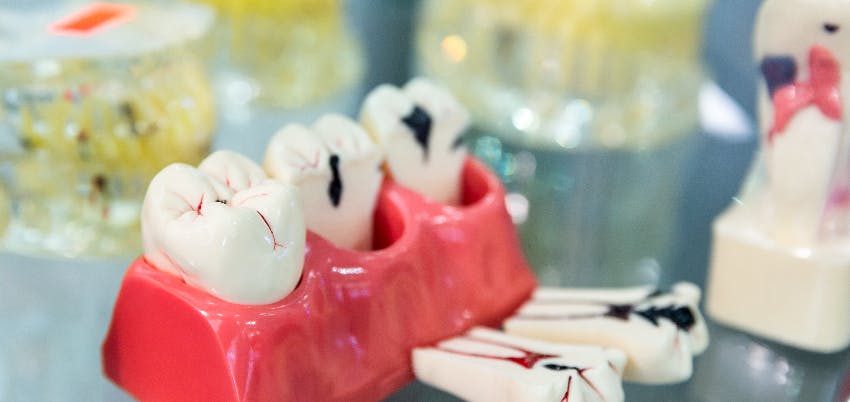
Um vestígio evolutivo?
Why do we have them? It's a question everyone has asked themselves and science as well. Is it an evolutionary failure, a whim of human biology? Evolutionary vestiges are body parts or functions that were useful to our ancestors (Hominids) but not to us anymore (Homo Sapiens). The diet of our primate ancestors included more fibrous plants, so having 4 spare molars was very useful to them. For us who have smaller jaws and an omnivorous diet, they usually only give us discomfort.
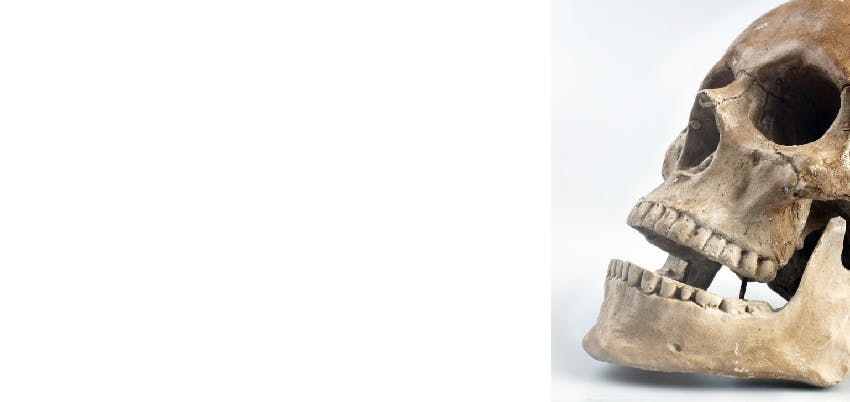
Remember that if you are between 17 and 21 years old, you are just at the time when these teeth appear. Avoid complications by visiting your dentist periodically, he will recommend the best treatment for you.
Want to learn more about this?
Contact us
Your contact request is registered. We will contact you as soon as possible.
Lorem ipsum dolor sit amet, consectetur adipisicing elit. Adipisci alias aliquid amet commodi dolor, dolore doloremque dolores fugit quod repellat.
 ESP
ESP
 ENG
ENG


